Why do i feel hot when i drink alcohol?
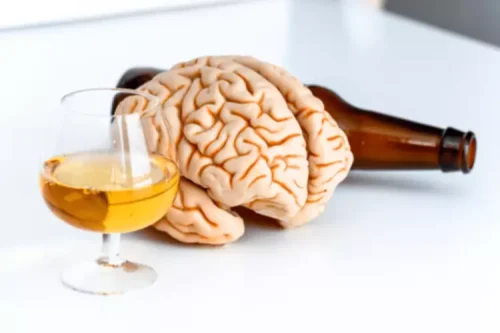
Dr Jain says, “Alcohol impacts the central nervous system, the circulatory system, and every part of your body. Thus, drinking leads to an increased heart rate and widens blood vessels in your skin.” This tends to trigger perspiration. Hot flushes, commonly referred to as alcohol flush reactions or hot flashes, are a physiological response that can occur after drinking. Characteristics include the sudden reddening of the skin, particularly on the face and neck, and a sensation of warmth or heat.
Are there any ways to alleviate the feeling of warmth caused by alcohol?
Wine, specifically, contains a substance called ethanol, which is rapidly absorbed into your bloodstream. This process stimulates your metabolism, leading to an increase in energy production. As your metabolism revs up, your body generates more heat, possibly contributing to the warm sensation you experience. The duration of the warm sensation varies from person to person and may depend on factors such as alcohol strength, consumption rate, and individual metabolism.
- Alcohol consumption can cause your feet to become hot, especially when you drink large amounts.
- For many people, night sweats may have links to their alcohol consumption for a particular occasion.
- While hot flushes can be normal in certain situations, such as during menopause, they can also indicate underlying health issues and alcohol misuse.
- This phenomenon is quite common among many individuals who consume alcoholic beverages.
Alcohol and Colds: Does Whiskey Help a Cold?
Medical professionals are not sure why the results vary so widely in the studies, and more research is likely needed. Alcohol use already causes dehydration, which can lead to other hangover symptoms. Therefore, having a hangover symptom of sweating can further dehydrate your body, leading to additional hangover symptoms from dehydration. This shift in blood supply throughout your body causes you to actually lose heat, but you don’t notice because during this process you feel warmer. This is unlikely to cause you any health concerns when you are in a warmer environment. For example, this trait is more common in those with East Asian descent, due to a genetically determined deficiency of an enzyme which helps the liver break down alcohol.
- It is important to eat before, during, and after drinking alcohol to keep blood sugar levels stable.
- We publish material that is researched, cited, edited and reviewed by licensed medical professionals.
- The extent of this reaction can vary from person to person based on factors such as individual tolerance levels, genetics, and the amount of alcohol consumed.
Changes to Body Temperature
- While regular alcohol consumption may lead to increased tolerance to the intoxicating effects of alcohol, it does not generally affect an individual’s alcohol flush reaction.
- Have you ever wondered why you start feeling warm and flushed after a few sips of alcohol?
- Feeling hot after consuming alcohol is a common physiological response and does not necessarily indicate an allergic reaction.
Read on below to learn more about what some have called the “beer blanket,” and why you may experience that warm alcohol feeling. Other factors, such as menopause or medication use, commonly cause hot flashes and night sweats. This article covers the possible causes of alcohol-related night sweats, including how to manage night sweats after drinking. We also look at the first signs of liver damage from alcohol and when to contact a doctor.

While regular alcohol consumption may lead to increased tolerance to the intoxicating effects of alcohol, it does not generally affect an individual’s alcohol flush reaction. The severity of alcohol flush is primarily determined by genetic factors and not tolerance. Some people, especially those of East Asian descent, may face a high risk ofsudden alcohol intolerance, an uncomfortable flushing reaction that occurs shortly after drinking alcohol.
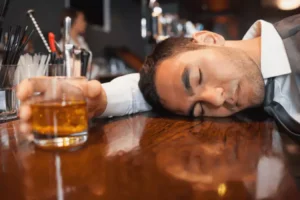
How many units of alcohol should we be drinking per week?
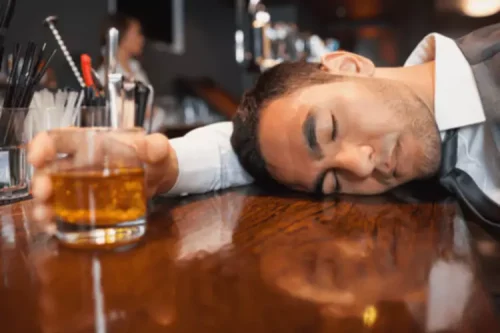
The flush may improve or decrease in intensity with time but might not completely go away.
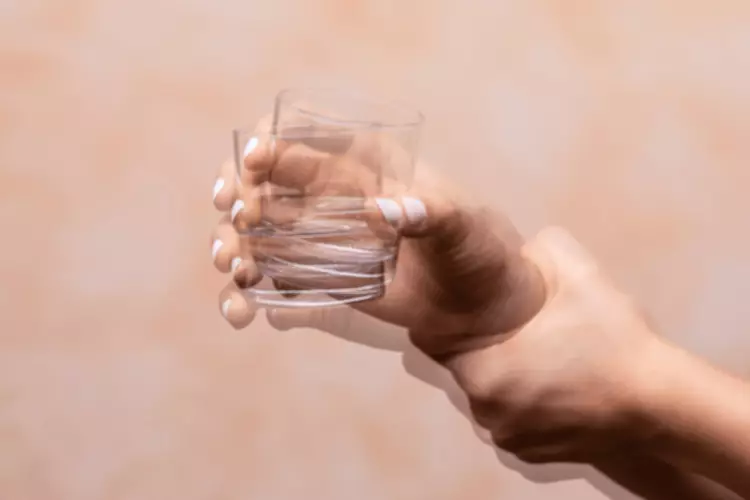
The Reframe app equips you with the knowledge and skills you need to not only survive drinking less, but to thrive while you navigate the journey. Our alcoholism treatment daily research-backed readings teach you the neuroscience of alcohol, and our in-app Toolkit provides the resources and activities you need to navigate each challenge. For all these reasons and more, we’re better off treating a cold by getting rest, taking medications, and hydrating with water or electrolytes. But, of course, if we’re not getting better, we should consult a medical professional rather than try to self-diagnose or self-medicate. High blood pressure (hypertension) is a major risk factor for heart and circulatory diseases.
- Some research shows that alcohol use increases the risk of hot flashes, while other studies have found the opposite.
- The feeling of warmth or heat after drinking alcohol is a result of various physiological processes in the body.
- But, when you’ve been drinking, your liver is madly metabolising all the alcohol, breaking it down to get it out of your blood stream.
- There are also some simple ways to find relief such as helping metabolise alcohol and acetaldehyde faster with over the counter supplements.
Mental Health Resources
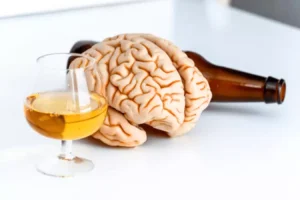
But, while risk factors for high blood pressure like eating too much salt, physical inactivity and obesity are well-known, the risk that comes from drinking too much alcohol is often overlooked. Yes, some medications can interact with alcohol to enhance its effects, potentially leading to increased feelings of heat and discomfort. Individual differences in metabolism, genetics, and tolerance levels can influence how intensely someone feels the effects of alcohol, including feelings of warmth. It is important to limit alcohol consumption to reduce the chances of the feet becoming hot. Additionally, eating foods that are high in vitamins and minerals can help to boost the immune system and reduce inflammation in the body. This decrease in oxygen levels can also lead to an increase in heat sensation in the feet.
In some cases, you may even experience excessive sweating or hot flashes. The mystery of why our feet get hot when we drink alcohol may never be fully answered, but it is certainly an interesting phenomenon. There are many theories as to why this happens, from alcohol dilating our blood why does wine make me hot vessels to the body’s natural response to the alcohol. Whatever the cause, it is important to remember that drinking alcohol can have serious health implications, so it is best to enjoy alcohol in moderation.
An immune response causes alcohol allergy, whereas the digestive system is responsible for alcohol intolerance. Compared to those without them, people with anxiety disorders—mental health conditions that cause frequent worry and panic—have lower levels of zinc, iron, and selenium. Alcohol impacts your intestines’ ability to absorb certain nutrients, leading to shortfalls in zinc, selenium, potassium, iron, and magnesium. Acetaldehyde contributes to inflammation in the liver, pancreas, intestinal tract, and brain, among other organs.
Average Rating